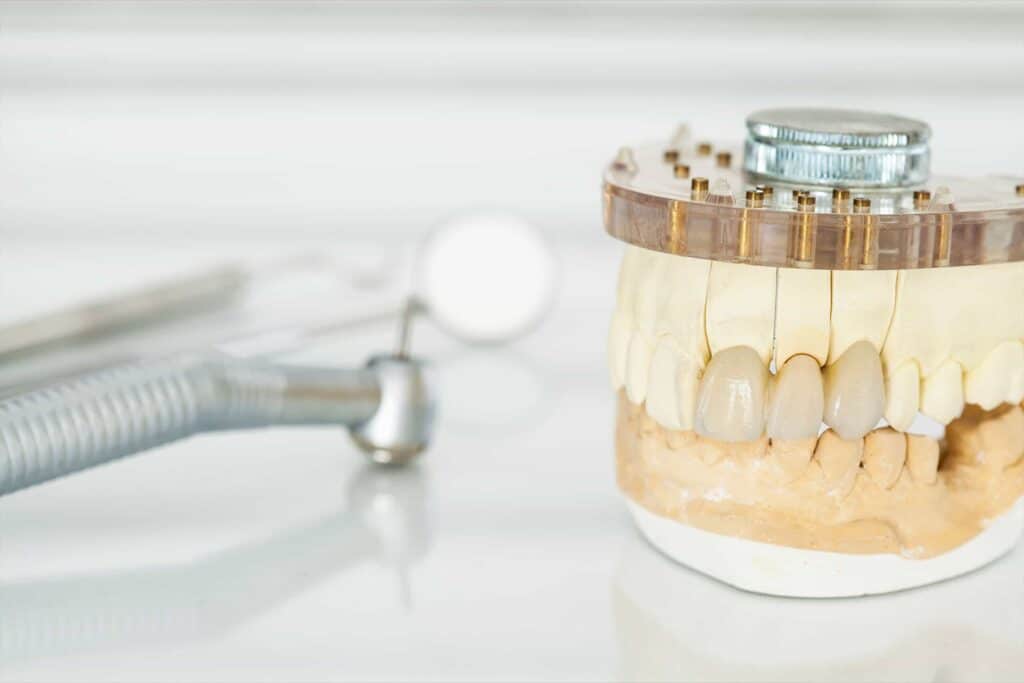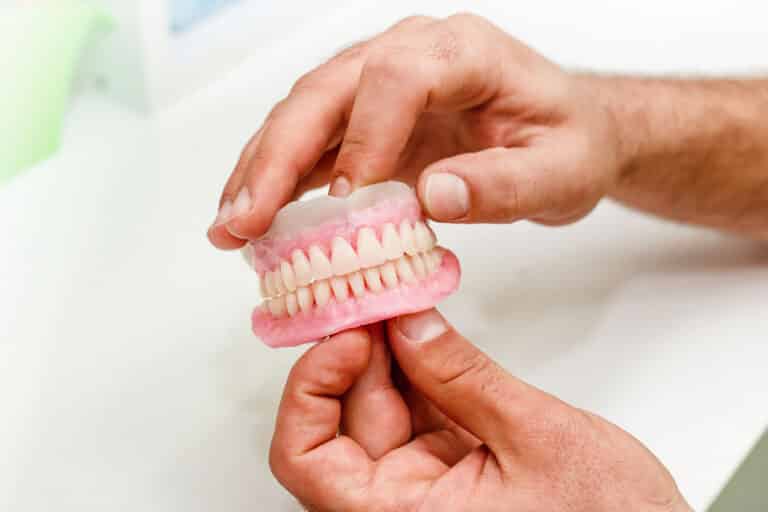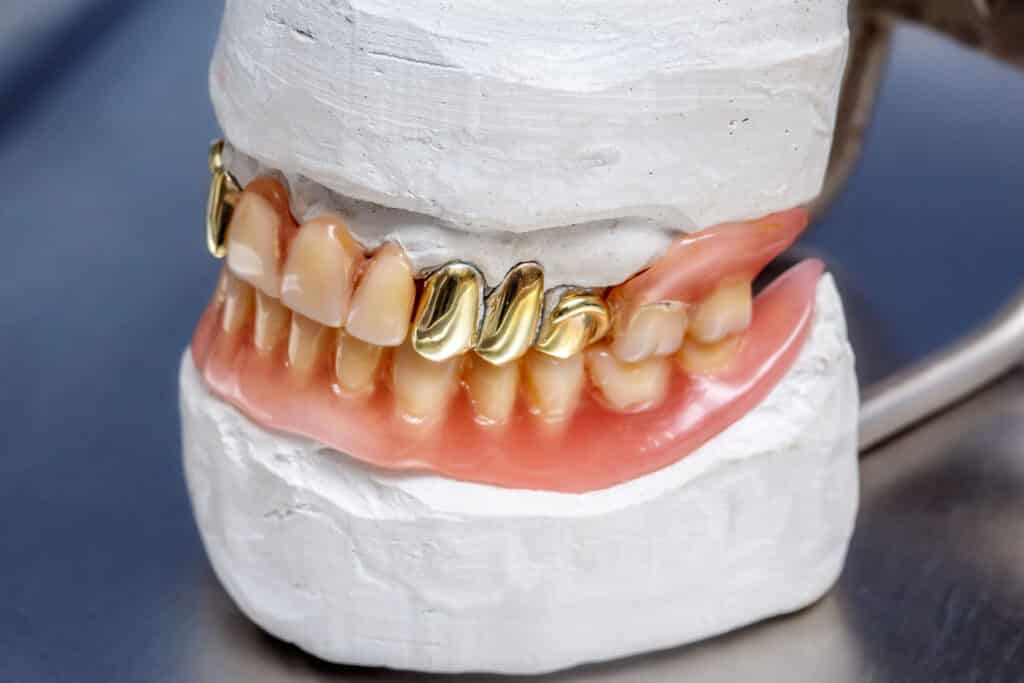Why Do I Need (XYZ) Treatment Because My Tooth Doesn’t Hurt?
As with many problems, it is generally best to address the problem when it is small. There are many dental ailments that can be identified at an early stage and should be addressed before the disease becomes more complicated and costly. For instance, small to medium sized cavities typically don’t have any symptoms. However with enough time, the decay will get larger and larger, necessitating more involved and complicated treatment. The filling will turn into a crown, then a root canal and crown, then extraction and implant.
In the same way you would want to address lung cancer when it is small and asymptomatic, dental treatment is no different. There are even times where an abscessed tooth is asymptomatic, however it is known that an abscess has deleterious effects especially those with a complicated medical history. In the end, while it is ultimately your choice, dental treatment is recommended to stave off future complications. However it is well within your rights to seek multiple opinions if you believe there is over treatment.
Do I Need To Get A Crown After My Root Canal?
Whenever an endodontic treatment (root canal) is completed on a tooth, it removes the neurovascular bundle. This process ends up making the tooth brittle and extremely prone to fracturing when placed under constant stress. In order to prevent fracture of the tooth, a crown is required for posterior or the back teeth after a root canal.
The anterior or front teeth are a different story where they may need a crown but they do not always. The amount of remaining tooth will determine the necessity of a crown. There are instances where root canaled teeth have irreparably fractured because there was no crown placed. In order to protect the teeth after spending the time, energy, and money to get a root canal, it should be protected with a crown to ensure optimal longevity.
How Often Do I Really Need To Get An Exam?
This will vary from person to person, however most people will need to get 1-2 exams per year. Those who have minimal restorations, good periodontal health, and have good hygiene can get an exam once a year. For those who have many restorations, have had a recent history of cavities, have susceptible periodontal health, or get a lot of buildup should have their oral health checked twice a year.
Those who also have a higher risk of oral cancer should get biannual checkups. While it may seem like overkill, much of dental is preventive to try and catch and fix a problem before it gets worse. A good example is catching and addressing a cavity before it gets bigger and requires a root canal and crown. Finding and addressing problems in their early stages is cheaper and easier in the long run.
Do I Actually Grind My Teeth At Night?
Many people are unaware that they might actually be grinding their teeth at night. Personally, I didn’t know I did it until I cracked a tooth while in dental school. It is extremely common and there are many intraoral clues that point towards bruxism. A few things include:
- Worn occlusal and/or incisal surfaces
- Excess bone in the jaw, known as exostosis or tori
- Scalloped tongue
- Hyperkeratosis or other signs of cheek biting
- Sore, aching teeth
- History of fracturing teeth
In the end, there are many people who are unaware that they grind their teeth at night. Additionally hypertrophic and/or sore masseters is another sign of bruxism. So while it may be possible that you don’t currently grind your teeth, often there are signs that there was at least a history of grinding.





